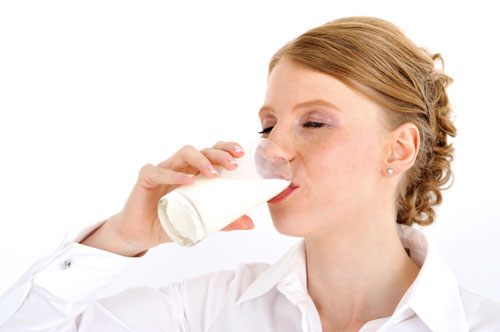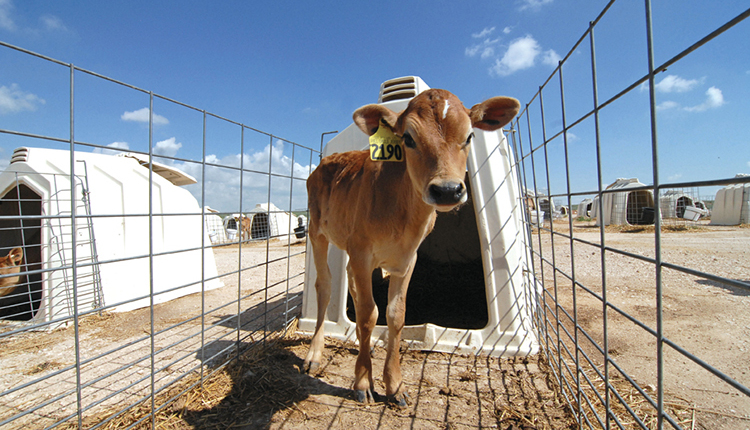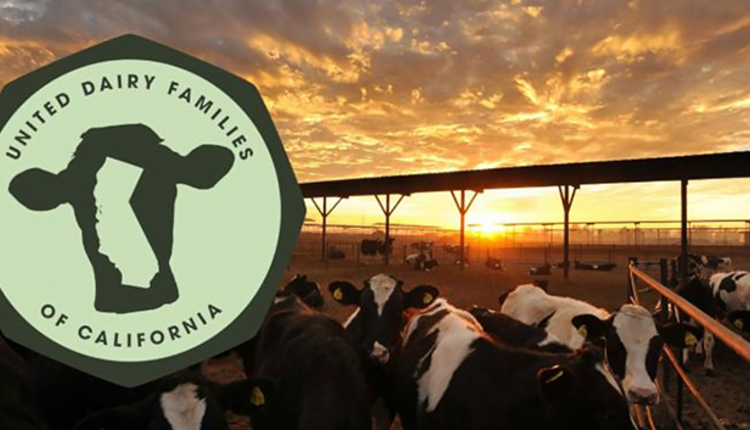
Fearmongers no doubt hate this: in the 20 years since rBST was commercially approved in the U.S., scientific evidence of its safety to humans has become even more overwhelming.
This was the blunt take-home message from Dale Bauman, professor of Animal Science at Cornell University, at the Southwest Nutrition & Management Conference, February 20 in Tempe, Ariz.
In addition to the intense scrutiny that rBST received from the U.S. Food and Drug Administration, it was also the subject of careful review by the Joint Expert Committee on Food Additives (JEFCA) in 1993 . . . and again in 1998. JEFCA is an expert international scientific committee administered by the Food and Agriculture Organization of the United Nations and by the World Health Organization.
Both reviews reached the same conclusion: rBST does not represent a hazard to human health.
Early last year, JEFCA announced it would make yet a third review of rBST at its 2016 conference, and called for new data and information addressing four specific topics: antibiotic resides in milk; insulin-like growth factors in milk; rBST effects on viruses; and health risks from milk consumption by infants and young children.
Bauman and co-author Robert Collier at the University of Arizona answered that call, providing point-by-point references to research that have found not only is rBST not detrimental to human health, but also to new research that suggests it has positive benefits in some areas.








